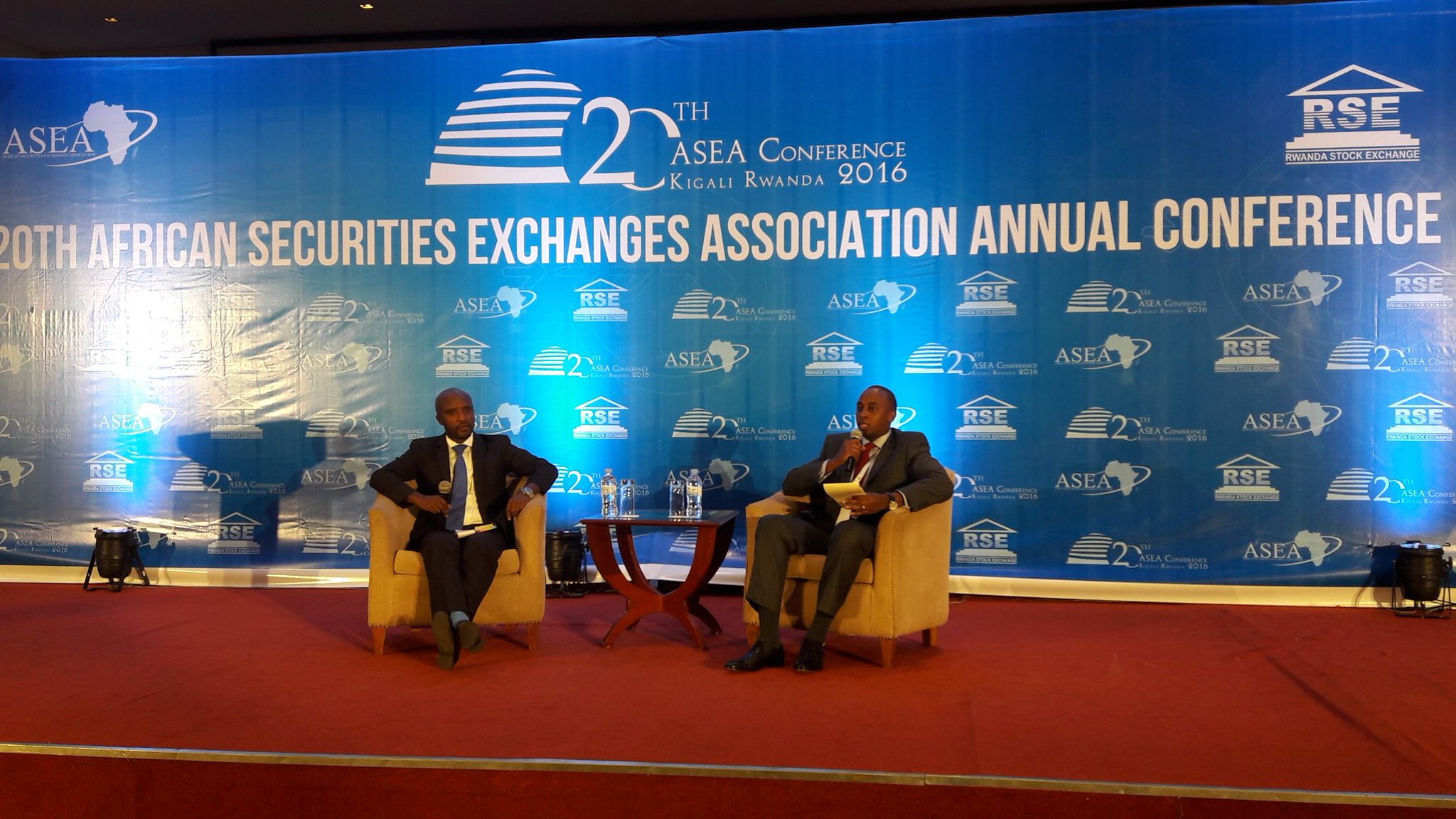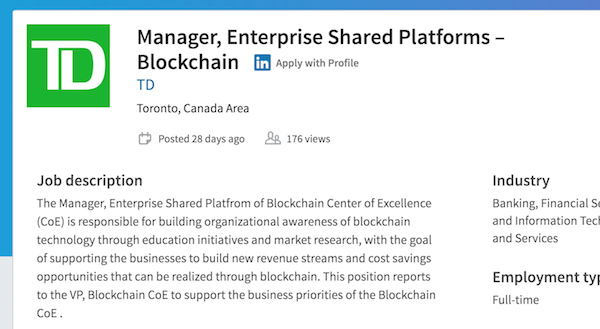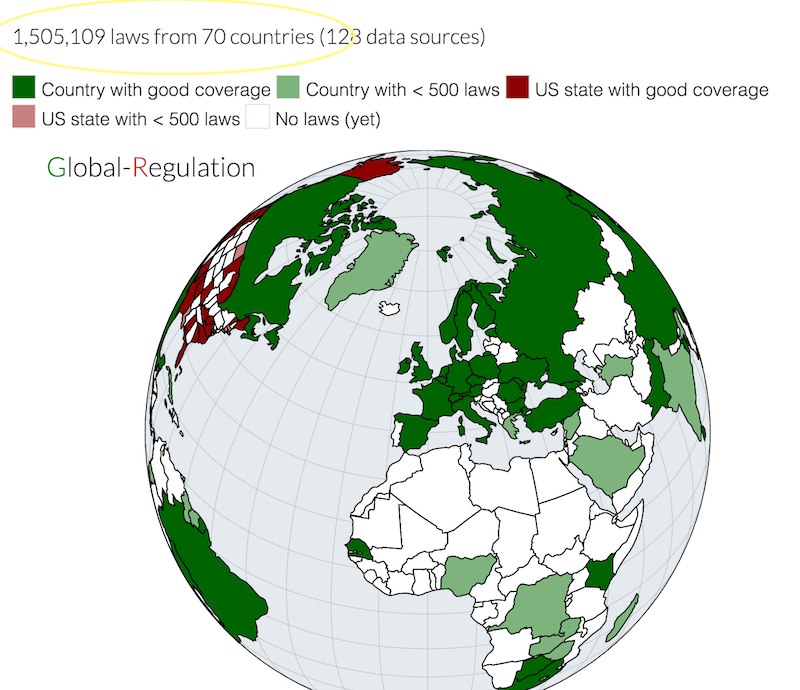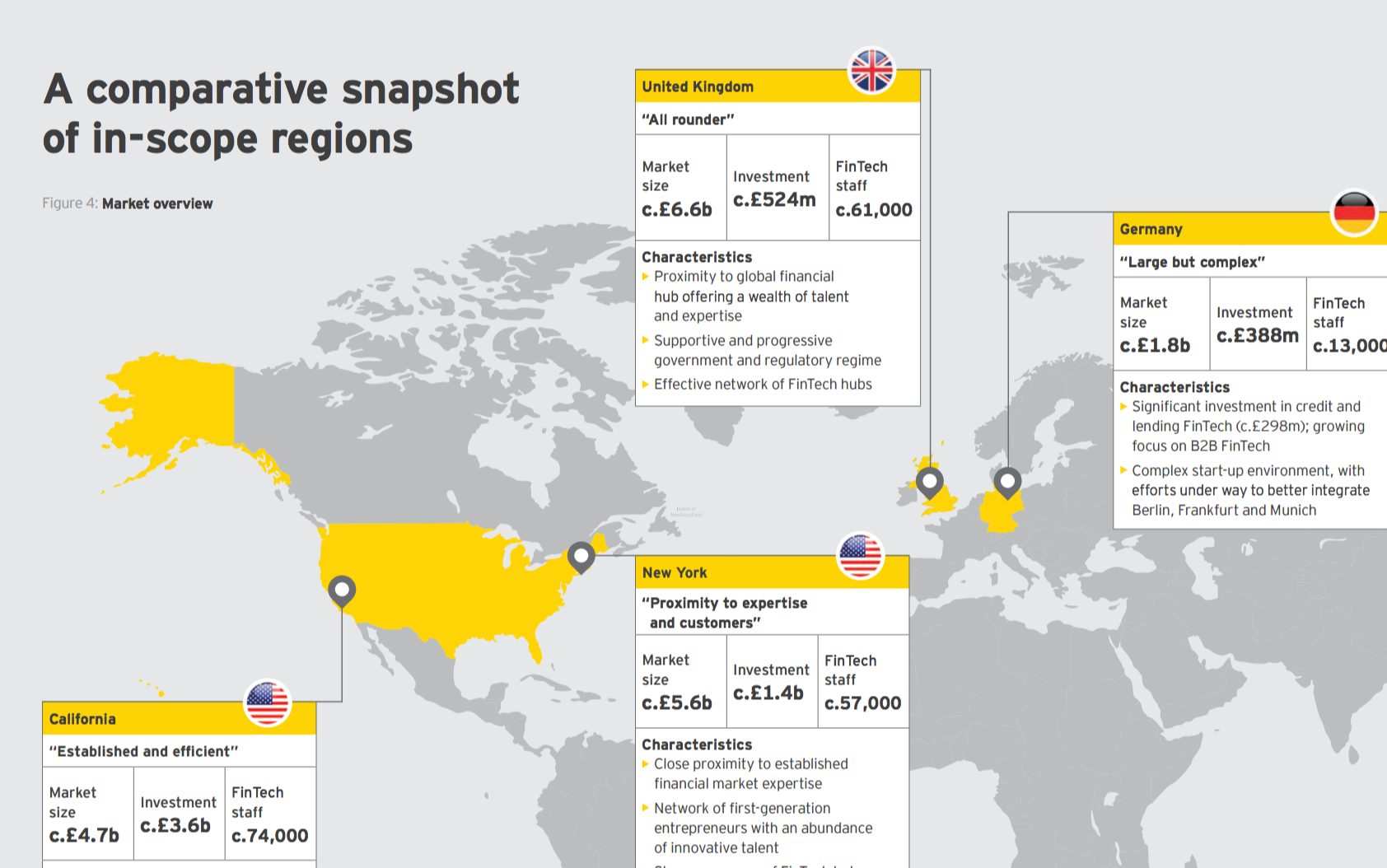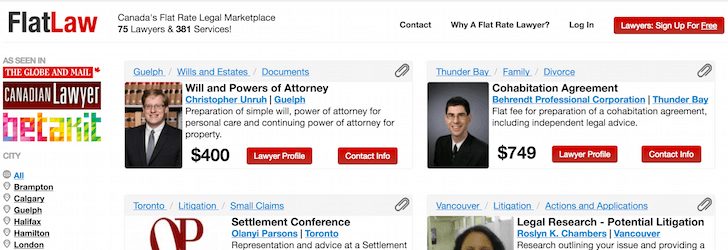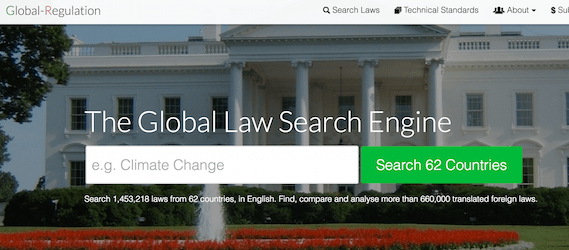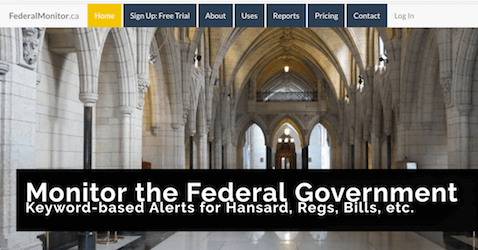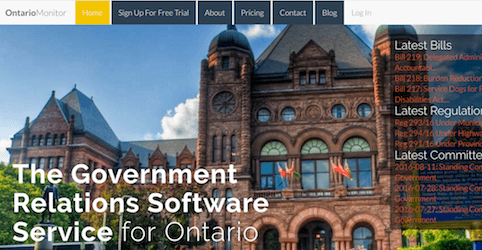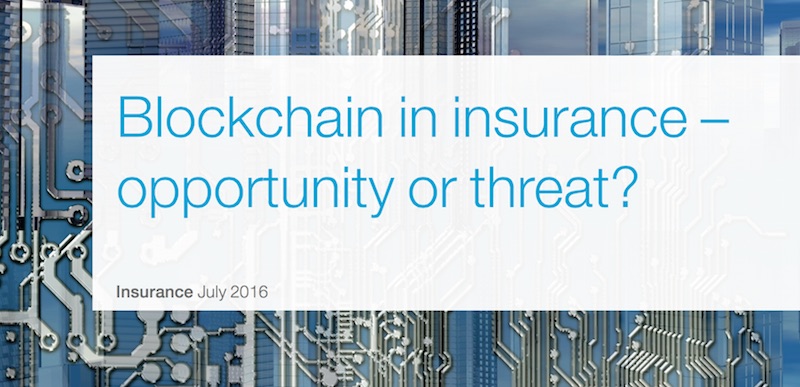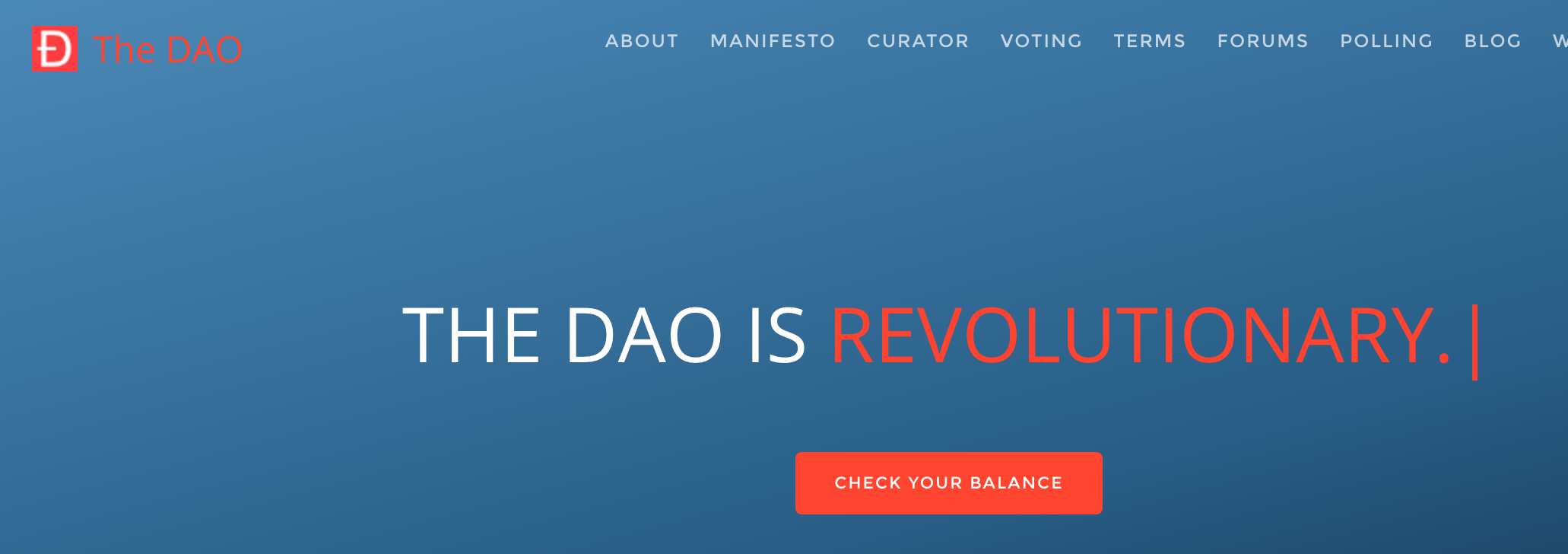The Bank of Canada released a working paper this month that contains a bold claim: “Lesson 1: Digital currencies will be counterfeited.” The paper is on the lessons that private bank notes from many decades ago hold for digital currencies today. Much of the paper consists of an excellent history of bank notes. But the paper also contains claims about digital currencies, specifically, private, non-Central Bank affiliated digital currencies like Bitcoin. This blog post explains why the working paper's Lesson 1 claim about digital currency counterfeiting is not correct.
The working paper states that bank notes have always been counterfeited. They then go on to explain several problems with digital currencies that have nothing to do with counterfeiting (such as "fraud" and "cyber attacks") and conclude with:


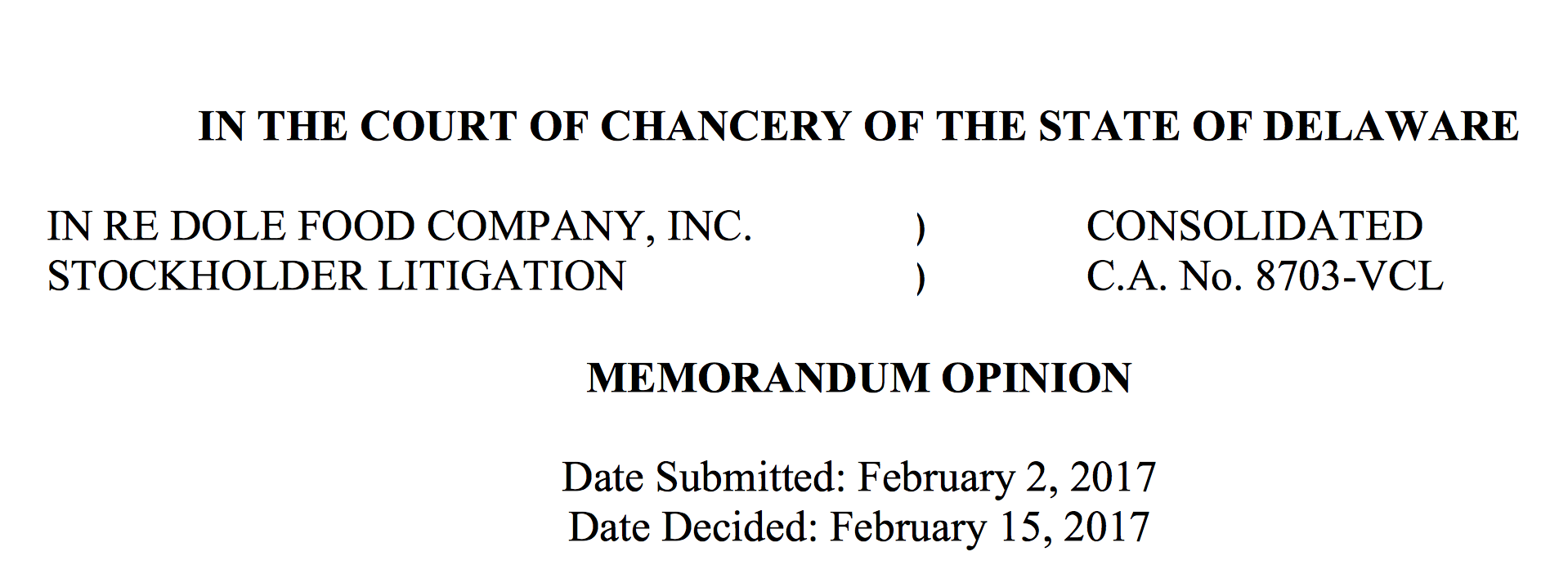 The Delaware Court of Chancery (leading corporate law court in the US) ruled on Wednesday in a case that involved miscounting of shares as part of a buyout of Dole. In a footnote the court notes that blockchain technology would be a good solution to one of the key issues in the case:
The Delaware Court of Chancery (leading corporate law court in the US) ruled on Wednesday in a case that involved miscounting of shares as part of a buyout of Dole. In a footnote the court notes that blockchain technology would be a good solution to one of the key issues in the case:
